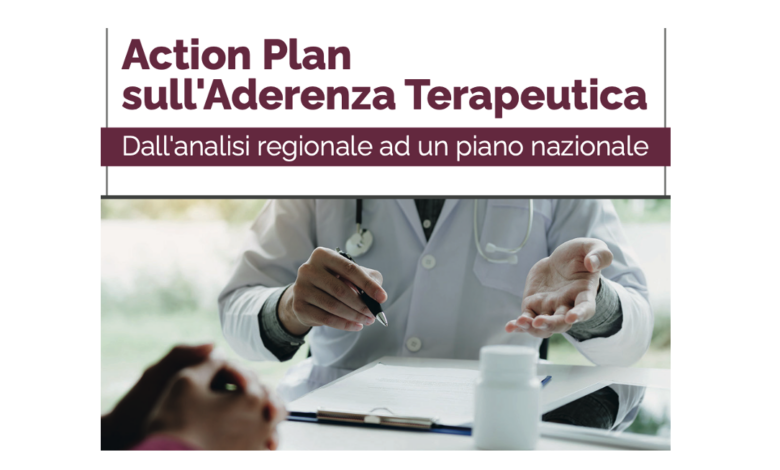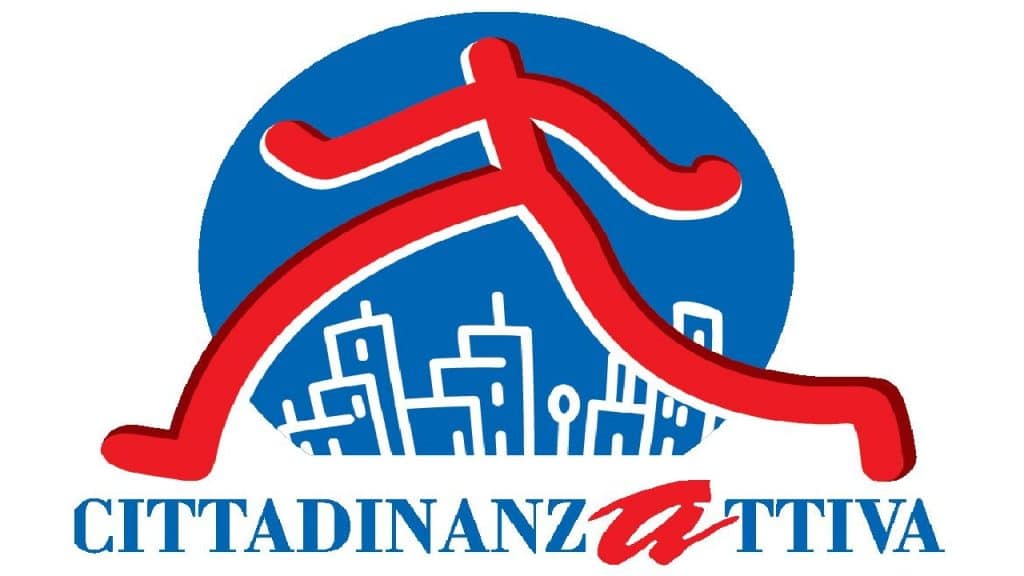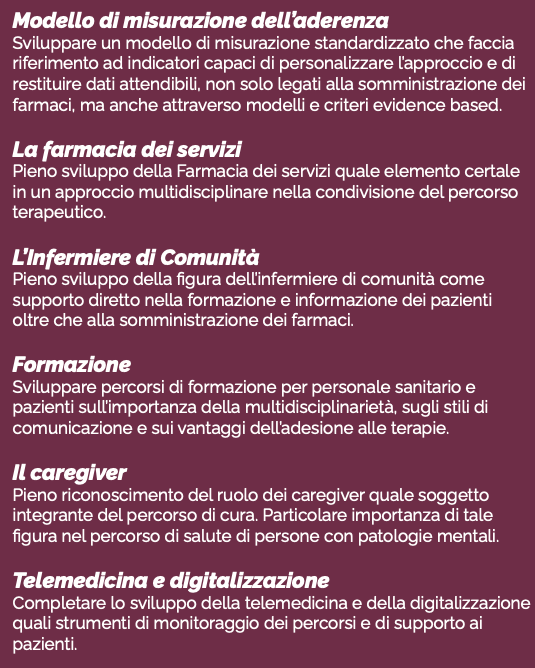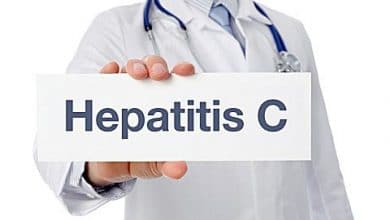
Measure medication adherence by developing and implementing a standardized model for  personalize the approach to treatment, return reliable data related not only to the administration of drugs but also to the habits and lifestyles of patients. In this context, the doctor-patient alliance within a structured network of benefits and services on which the citizen can rely is fundamental.
personalize the approach to treatment, return reliable data related not only to the administration of drugs but also to the habits and lifestyles of patients. In this context, the doctor-patient alliance within a structured network of benefits and services on which the citizen can rely is fundamental.
This is the goal of the "Action Plan on therapeutic adherence: from regional analysis to a national plan" - realized by Active citizenship with patient associations, scientific societies and regional institutions – which collects analyzes and proposals to improve access and the quality of benefits and services that promote therapeutic adherence.
The centrality of the theme is also reaffirmed by the OSMED 2021 data: only the 55% of patients with arterial hypertension take antihypertensive treatment continuously. The same percentages for patients with osteoporosis, but it reaches less than the 45% of patients with type II diabetes, 35% for patients with heart failure, up to about 15% for patients with asthma and COPD. Older patients, in some cases, autonomously suspend the drug treatment - without consulting the GP or specialist - within the first six months of prescribing the therapy (it is the 70% for over 75s).
Download the document And the leaflet. Laws the press release.
Second the survey conducted by Cittadinanzattiva on patients with cardiovascular pathology in 2021, only the 30% of the same believes that the doctor (specialist or GP) has dedicated the right time to explaining the therapeutic path and the importance of systematic and constant adherence to it (compared to the 70% of the doctors who claims to have dedicated the right amount of time and attention to the explanation of the same).
“Adherence to therapies does not only mean taking the drugs correctly and for the time necessary by patients, but also implies the ability of the NHS to identify and modify behaviors and
unhealthy habits of patients, to guarantee access to benefits and services in certain times and appropriate to the care needs of citizens, involving patients and caregivers in the treatment path.In this sense, therapeutic adherence is the result of the alliance between the patient and all the health professionals who have taken charge of him and who accompany him in the various phases of the treatment process". he declares Valeria Fava, health policy manager of Cittadinanzattiva.
 The document - which was created following 8 regional tables (Campania, Emilia Romagna, Liguria, Molise, Puglia, Sicily, Valle D'Aosta and Veneto) in which the territorial offices of Cittadinanzattiva interacted with institutional representatives and with members of scientific societies and patient associations – presents some proposals to improve therapeutic adherence: personalize care, identifying the therapeutic choices also on the basis of demographic, social, economic, residence factors - to reduce any discriminating factor in taking charge and in the provision of services; bet on service pharmacy, community nurse And caregivers as central figures for improving the health performance of citizens, especially the most fragile, and for greater therapeutic adherence; bet on training of health professionals and citizens; increase the telemedicine and digitization in order to reduce critical issues in accessing services and monitor the care pathway, starting from Electronic Health Record, a tool that has not yet been implemented and exploited for monitoring polydrug therapy and for making prescriptions clearer for patients and caregivers; de-bureaucratize processes, especially in terms of renewal of treatment plans, and to boost the home administration and to distribution systems which avoid useless journeys to find medicines and favor home care; from a regulatory point of view, it is necessary respect the territorial areas of guarantee - as required by the National Plan Government Waiting Lists - to avoid long journeys for patients, favor proximity services and update the Essential Levels of Assistance with the inclusion of drugs that are currently non-reimbursable.
The document - which was created following 8 regional tables (Campania, Emilia Romagna, Liguria, Molise, Puglia, Sicily, Valle D'Aosta and Veneto) in which the territorial offices of Cittadinanzattiva interacted with institutional representatives and with members of scientific societies and patient associations – presents some proposals to improve therapeutic adherence: personalize care, identifying the therapeutic choices also on the basis of demographic, social, economic, residence factors - to reduce any discriminating factor in taking charge and in the provision of services; bet on service pharmacy, community nurse And caregivers as central figures for improving the health performance of citizens, especially the most fragile, and for greater therapeutic adherence; bet on training of health professionals and citizens; increase the telemedicine and digitization in order to reduce critical issues in accessing services and monitor the care pathway, starting from Electronic Health Record, a tool that has not yet been implemented and exploited for monitoring polydrug therapy and for making prescriptions clearer for patients and caregivers; de-bureaucratize processes, especially in terms of renewal of treatment plans, and to boost the home administration and to distribution systems which avoid useless journeys to find medicines and favor home care; from a regulatory point of view, it is necessary respect the territorial areas of guarantee - as required by the National Plan Government Waiting Lists - to avoid long journeys for patients, favor proximity services and update the Essential Levels of Assistance with the inclusion of drugs that are currently non-reimbursable.
The "Action Plan on therapeutic adherence" project is promoted by Cittadinanzattiva with the unconditional contribution of Servier.





